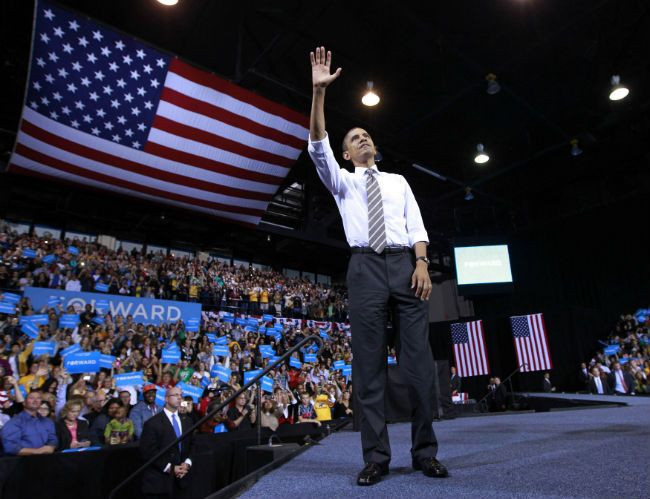
Younger Americans, people without college educations, the poor and Hispanics are among groups most likely to be unable to vote under new state laws requiring photo identification.
More than 20,000 voter interviews over the last two months showed that an overwhelming majority of Americans have ID that would allow them to cast ballots, a central issue in an angry national debate over Republican-led efforts for tighter control of U.S. voter rolls before the November general election.
Eight percent of Americans aged 18 through 24, 5 percent of Hispanics and 5 percent of those who have never attended college lack the right papers, the data showed.
In contrast, just 1 percent of those with a college degree or higher said they do not have an ID that would permit them to vote. Two percent of whites and 3 percent of black voters lacked the right document.
Extensive media attention has focused on older voters, such as World War Two veterans, who might be unable to cast ballots on November 6 because of the laws. But 98 percent of people aged 55 or higher said they have the right papers.
"What strikes me most is of these younger voters, who perhaps are less likely to vote, but are more likely to vote for (Democratic President Barack) Obama, eight percent do not have photo IDs," Ipsos pollster Julia Clark said.
THOSE WITHOUT ID LESS LIKELY TO VOTE ANYWAY
The 2012 election campaign between Obama and his Republican challenger, former Massachusetts Governor Mitt Romney, has been marked by debate - and legal battles - over new voter laws.
Republican-led state legislatures have passed most of the laws since the party won sweeping state and local election victories in 2010. They say their goal is to prevent voter fraud; critics say they are designed to depress turnout among groups that typically back Democrats.
Decades of study have found virtually no use of false identification in U.S. elections. Activists say the biggest problem in the United States, where most elections see turnout of well under 60 percent, is that eligible Americans do not bother to vote.
The polling data showed that those who lack ID were less likely to vote, regardless of state law changes. Of those who said they were certain to vote, 98 percent said they have ID, 1 percent said they do not and 1 percent said they did not know or were uncertain whether they had the right document.
Lower income Americans were less likely to have ID. Four percent of those in households making less than $25,000 per year said they lack a valid photo ID, twice as high as the 2 percent of those in households making $50,000 or more.
Three percent of Americans in households making $25,000-$49,999 per year said they lacked documentation.
© Thomson Reuters.




